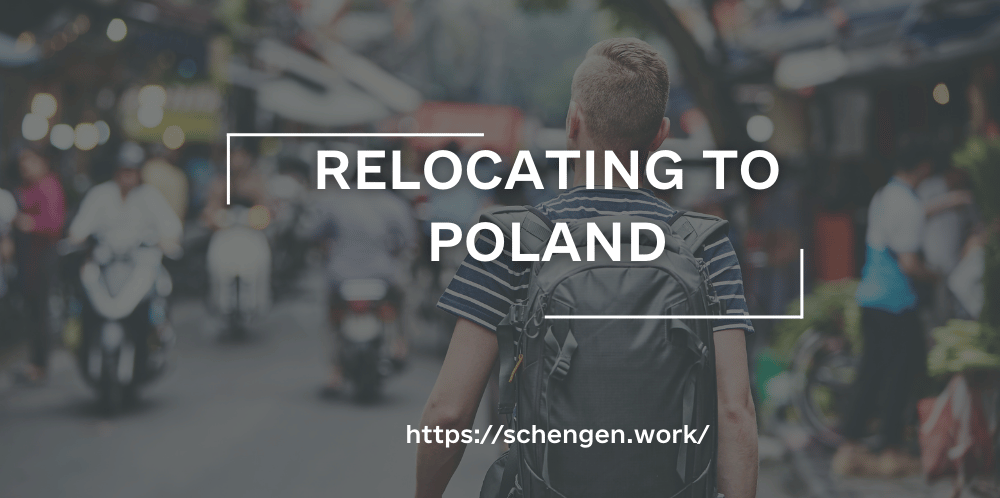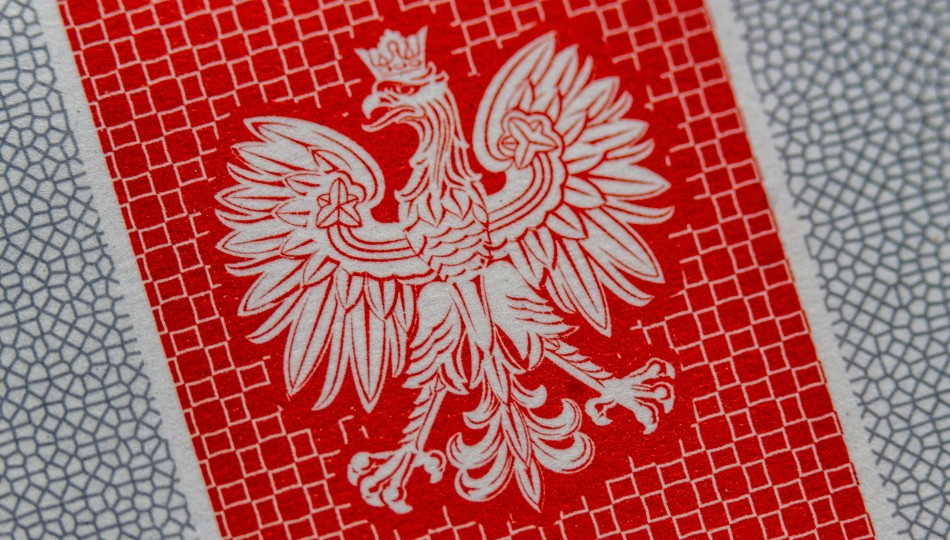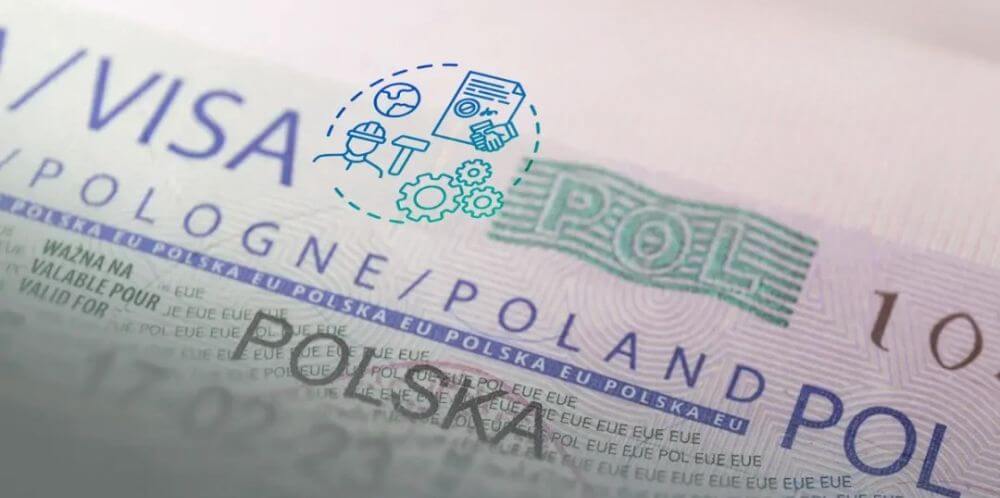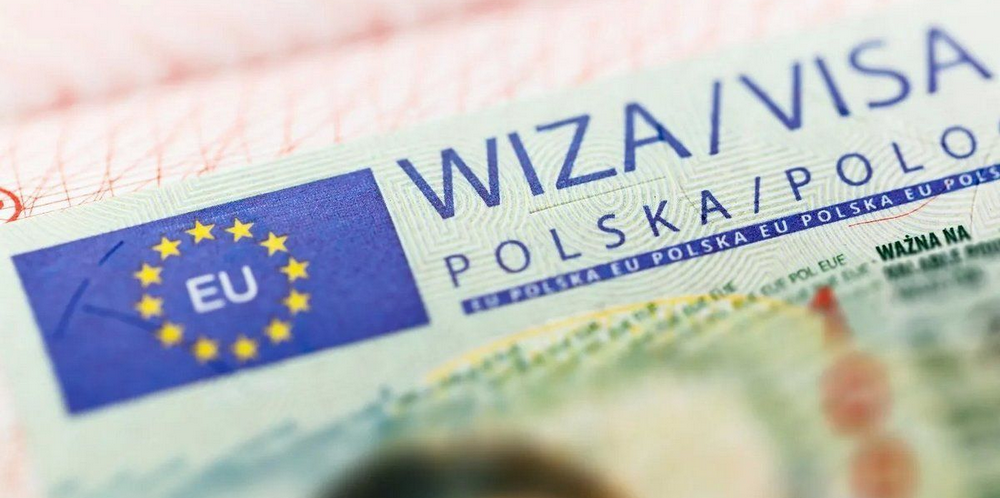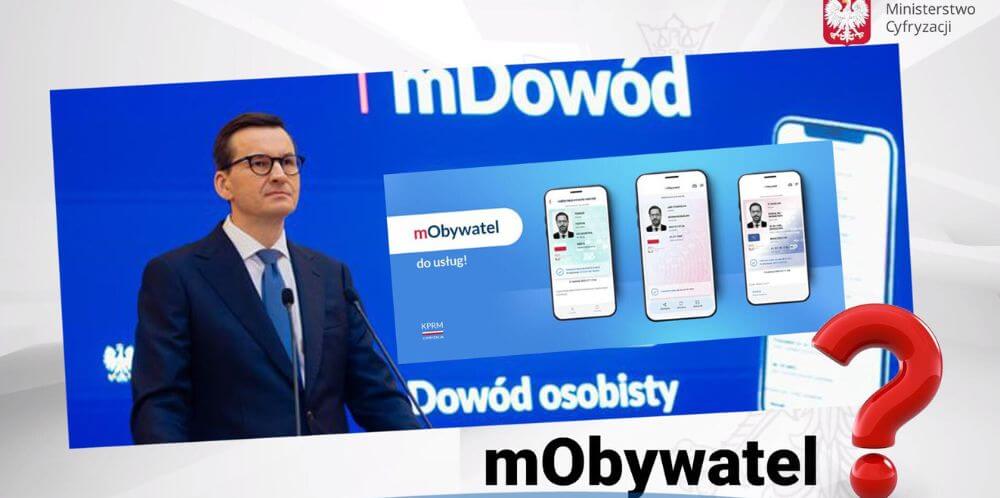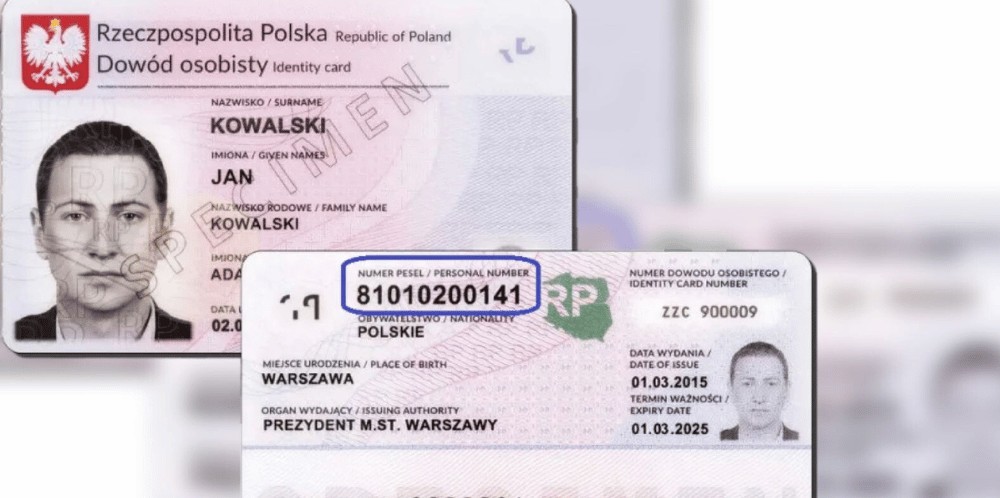Relocating to a new country can be both exciting and challenging. To help you settle in smoothly, we’ve compiled a list of essential tips and advice for your first days in Poland.
Learn Basic Polish
Start with simple everyday phrases such as greetings, asking for directions, or shopping vocabulary. Download language apps or use flashcards to practice. Even a basic effort to speak Polish will be appreciated and help you feel more connected.
-
Registration and Documents
Ensure you register your address (zameldowanie) within the required timeframe (depending on your visa/residence permit type). Visit your local Urząd Miasta (City Office) for assistance with registrations. Make photocopies of all important documents and keep digital backups.
-
PESEL Number
A PESEL number (Polish National Identification Number) is essential for many aspects of life in Poland. It is required for tasks such as accessing public healthcare, signing contracts, opening a bank account, paying taxes, and even registering for some utility services. While it’s not automatically assigned to all foreigners, you can apply for a PESEL number at your local municipal office (Urząd Miasta).
-
Bank Account
Research banks that offer services in English or your native language. Some banks, like Pekao or Santander, cater specifically to expats. Bring your residence card, passport, and proof of address to open an account. Consider banking apps for quick and efficient financial management.
-
Transportation and City Maps
Download apps like Jakdojade or Google Maps to plan your routes via public transport. Get a public transport card (karta miejska), which offers discounted rates on buses, trams, and trains. If you drive, check if your license is valid in Poland or if you need to exchange it for a Polish one.
-
Health Insurance
Register with NFZ if you have mandatory health insurance or purchase private health insurance for faster access to medical services. Find a local doctor or clinic that offers services in English. Keep emergency numbers handy (e.g., 112 for general emergencies, 999 for medical emergencies).
-
Get to Know the Local Culture
Participate in local events, festivals, or workshops to meet new people and immerse yourself in Polish traditions. Try traditional Polish foods such as pierogi, bigos, or żurek. Learn about public holidays and business hours, as some services may close on national holidays.
-
Cost of Living
Familiarize yourself with prices for essentials like groceries, rent, and transportation. Shop at local markets and discount stores like Biedronka, Lidl, or Aldi to save money.
-
Mobile Phone Plan
Choose a prepaid or contract plan from providers like Orange, T-Mobile, or Play. Many offer affordable options for unlimited calls and internet.
-
Climate Adaptation
Be prepared for Poland’s cold winters. Invest in warm clothing, especially a good winter coat and boots.
-
Local Laws and Etiquette
Always carry an ID or passport, as random checks can occur. Respect quiet hours (cisza nocna), usually between 10 PM and 6 AM, especially in apartment buildings.
Remember: moving to a new country is challenging but rewarding. Preparation is key to ensuring a smooth transition.



